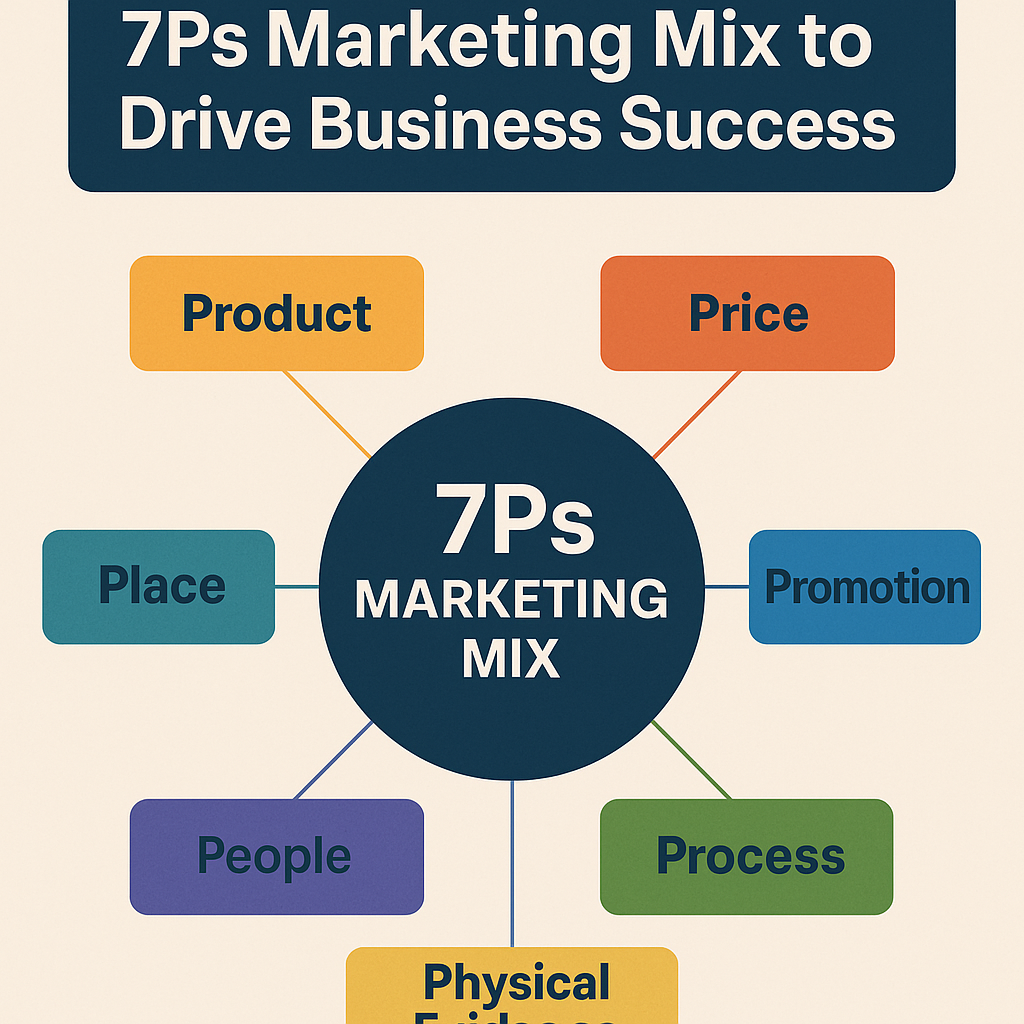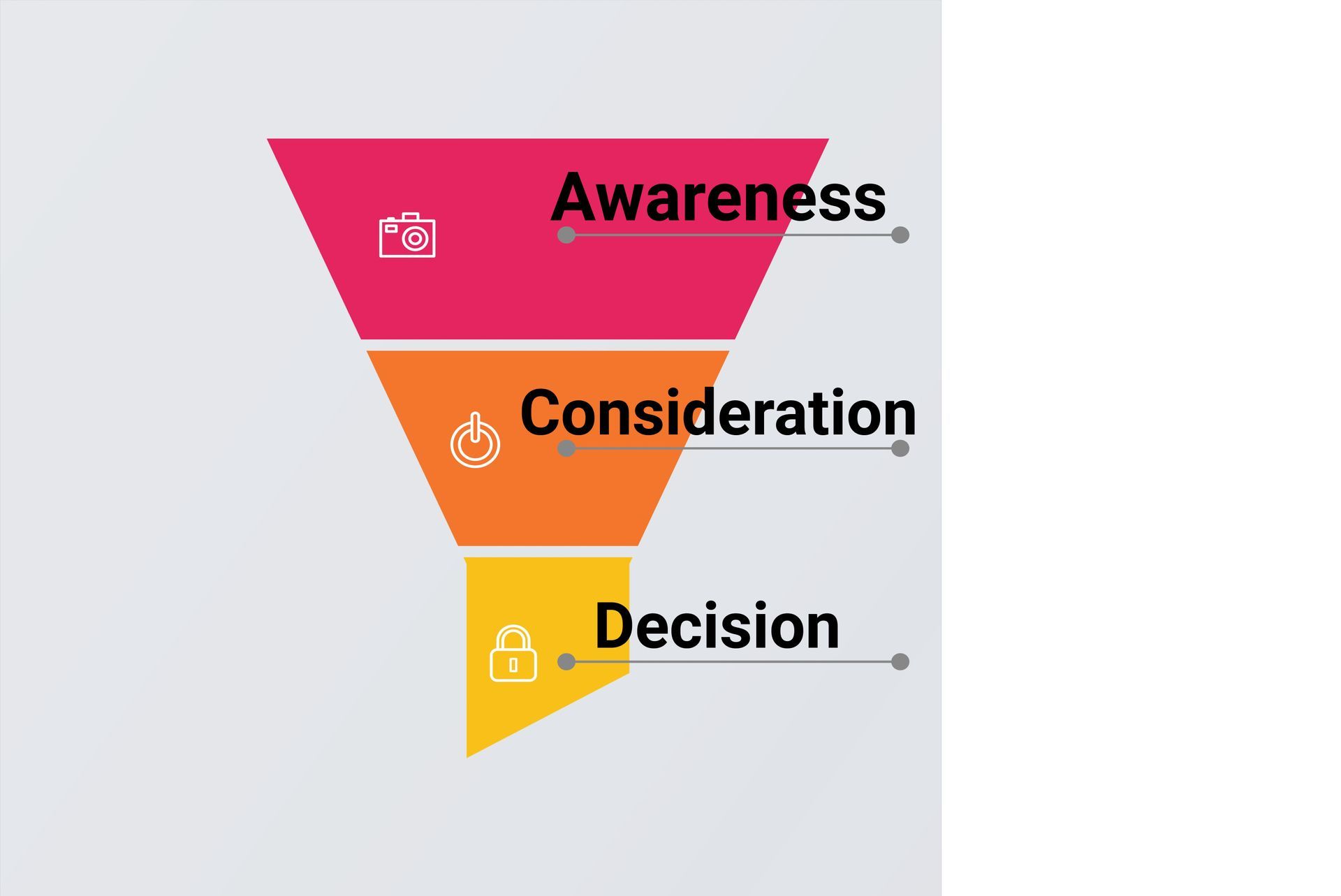Google’s November 2024 Core Update has officially rolled out, completing on December 5, 2024. As always, Google’s core updates aim to improve the quality and relevance of search results. If you’re a business owner, understanding how this update might affect your website—and how to adapt—can help you stay ahead.
Google has also announced they’ll be rolling out updates more frequently. At the time of writing, a December 2024 update is already in progress, with completion expected soon. We’ll post details about it in early January.
For now, let’s dive into the November update and what it means for you.
1. Google Loves High-Quality, Relevant Content
What Changed:
Google continues to prioritize websites that deliver valuable, original, and well-researched content. Pages that answer user questions thoroughly and accurately tend to rank higher.
Example:
Imagine you run a local plumbing business. If your website has a blog post titled “How to Fix a Leaky Faucet,” it needs to provide step-by-step instructions, list tools, and explain common mistakes—not just a few generic tips. If your content is vague or copied from elsewhere, it might drop in search rankings.
What You Can Do:
- Audit your existing content. Update outdated posts with current information.
- Create detailed, helpful articles that address common customer questions.
- Use tools like Google Search Console to see which pages are underperforming and refresh them.
2. User Experience (UX) Matters More Than Ever
What Changed:
Google is looking even more closely at how user-friendly your site is. Factors like page load speed, mobile responsiveness, and navigation play a significant role in rankings.
Example:
If you own a boutique and your site takes more than 5 seconds to load, or if customers struggle to navigate your online store on their phones, they may leave before purchasing. Google notices this behavior and may lower your rankings.
What You Can Do:
- Use free tools like Google PageSpeed Insights to check your site’s speed and fix any issues.
- Test your site on mobile devices to ensure it looks and works great.
- Simplify your navigation—if a customer can’t find what they need in 3 clicks, it’s too complicated.
3. E-E-A-T Principles Are Key: Experience, Expertise, Authoritativeness, Trustworthiness
What Changed:
Websites demonstrating E-E-A-T—Experience, Expertise, Authoritativeness, and Trustworthiness—are rewarded with higher rankings. This is especially important for businesses providing advice or selling products and services.
Example:
Say you own a financial consulting firm. A blog post like “How to Save for Retirement” will rank higher if it’s written by someone with clear credentials and references reputable sources. On the other hand, vague content with no author or external validation may be penalized.
What You Can Do:
- Include author bios on your blog posts, highlighting credentials.
- Link to reputable sources in your content.
- Display trust signals like customer testimonials, reviews, and certifications on your site.
How Does This Affect Your Business?
If your site’s traffic dropped after this update, it might be a sign that you need to improve in one or more of these areas. On the other hand, if you’ve already been focusing on quality content, good UX, and building authority, you might see a boost in rankings.
Quick Actions for Business Owners
- Audit Your Website: Review your content, site speed, and design for opportunities to improve.
- Focus on Your Customers’ Needs: Create content and experiences that genuinely help your audience.
- Stay Updated: Google will release updates more frequently, so check your analytics regularly to track any changes in traffic or rankings.
At PSP Compass, we specialize in SEO, paid ads, and social media strategies for businesses like yours. If you’re unsure how these changes impact your website or need help adapting, reach out to us at www.pspcompass.com. Let’s make your business stand out, no matter what Google updates next!
Share this Blog Post on Social Media
















